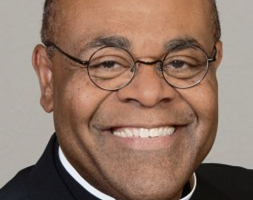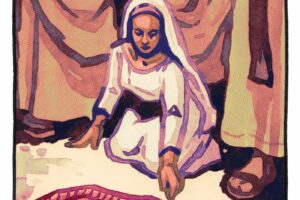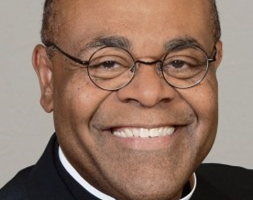
Envy and Jealousy
Once, there was a kite (a medium to large, long-winged bird of prey, which typically has a forked tail) who was consumed by envy for the eagle. “How come he can fly so high? Everyone admires him and no one admires me.” One day the kite saw a hunter and called out to him to shoot the eagle. The hunter replied that he would need to add some feathers to his arrow for it to reach the eagle. The kite pulled one of his best feathers and gave it to the hunter, but that was not enough to reach the eagle. So, the kite pulled another, and then another, and yet the arrow was not quite able to reach the eagle. Before long all of the kite’s best feathers were gone and he was no longer able to fly. The hunter then simply turned around and shot the kite as his catch for the day. The moral of the story: envy and jealousy consume the person who harbors them before the person for whom they are harbored.
There is a difference between envy and jealousy. Envy is dissatisfaction with what belongs to us and coveting what belongs to another. We can envy people for their looks, their possessions or their relationships, wishing we could take their place. Jealousy, on the other hand, is the fear that what is ours may be lost to another. Both envy and jealousy rob people of their inner peace.
However, the example of John the Baptist shows us that true personal fulfilment and greatness lies not in how we may compare with others, but in how faithful we are to our God-given roles in life. How many people like to hear that the person who succeeded them is doing better than they did? Nobody. Here John the Baptist is a rare example. John started the Kingdom of God movement. Jesus succeeded him as leader of the movement after Herod imprisoned John and had him executed. Yet whenever John speaks of Jesus he speaks of Jesus as better than him. He describes Jesus as the bridegroom and himself as only his best man (John 3:29). Notice how he introduces Jesus to his own disciples in today’s gospel:
The next day he saw Jesus coming toward him and declared, “Here is the Lamb of God who takes away the sin of the world! This is he of whom I said, “After me comes a man who ranks ahead of me because he was before me” (John 1:29-30).
As a result of this endorsement, some of his disciples left him and followed Jesus (verse 37). These were the first disciples of Jesus according to John’s Gospel. John summarized his whole attitude to Jesus in one statement: “He must increase, but I must decrease” (John 3:30).
Why is John so content and satisfied with playing the second fiddle rather than equaling himself with Jesus? It is because he knows exactly the reason for him being in the world. He knows why he came into this life. He came into this world to prepare the way to Jesus. He knows why he is here. He can tell when it is time to hand the baton to another. Dear friends, let us ask ourselves these questions. Why did we come into the world? What is the purpose of my life? What is God’s plan upon me? And how can I cooperate with God’s plan? If we are not able to find answers for these questions, please look at the life of Mary, Joseph and John the Baptist.
May God bless you.
-Fr Johnson



